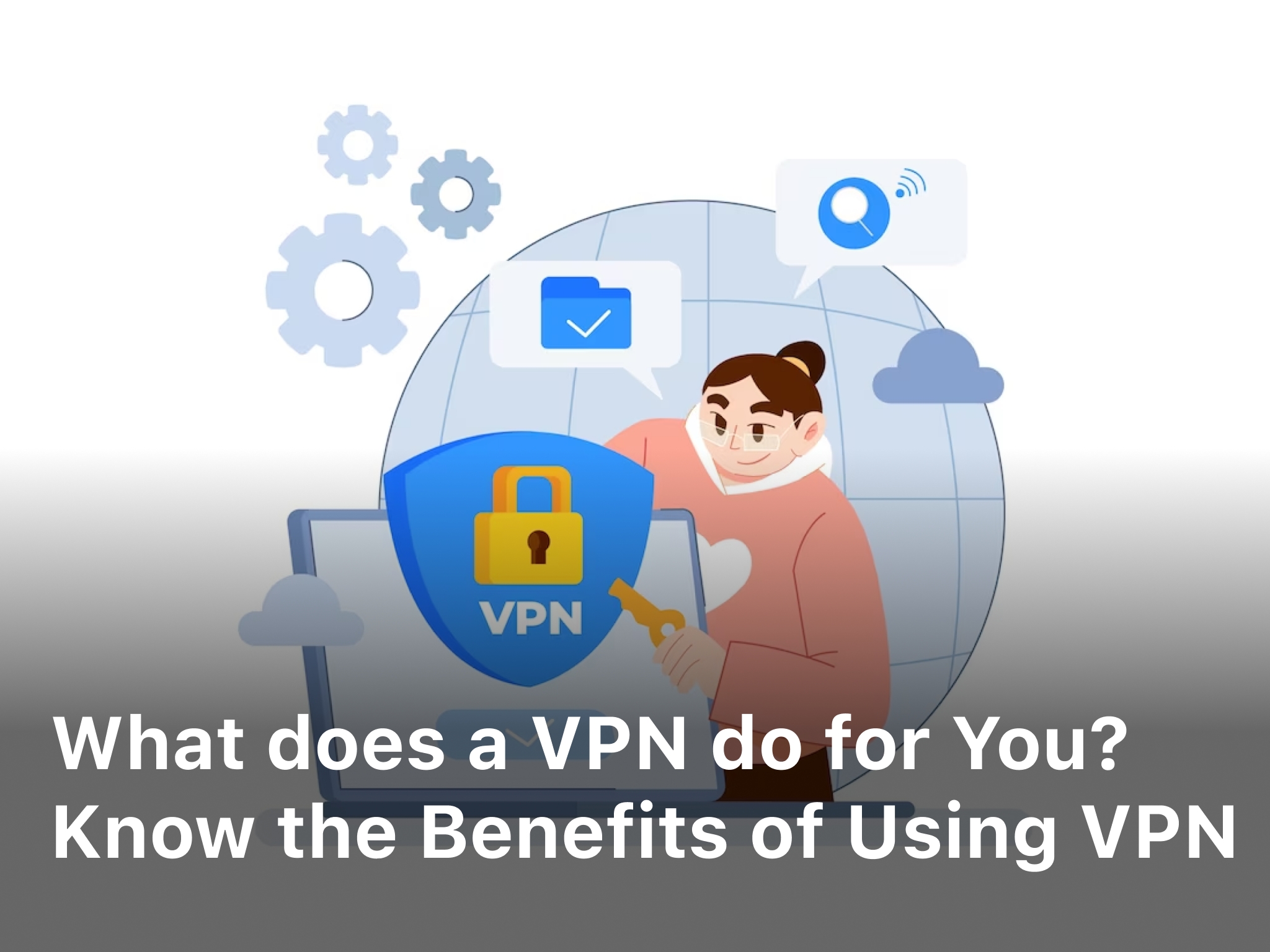
What is Private IP Address in Network Security
What is Private IP Address in Network Security – Learn about the importance of private IP addresses in network security. Explore how they work, why they are crucial for safeguarding your data, and find answers to commonly asked questions.
In today’s interconnected world, where data flows like never before, network security has become a paramount concern. One of the foundational concepts in this realm is the use of private IP addresses.
In this article, we will delve deep into the topic of private IP addresses in network security, understanding their significance, working mechanisms, and their role in safeguarding sensitive information.
What is Private IP Address in Network Security?
Private IP addresses are fundamental components of network security, providing a secure foundation for communication within local networks. In essence, a private IP address is an identifier assigned to a device within a local network, allowing it to communicate with other devices in the same network. Unlike public IP addresses, which are globally unique and used for devices to communicate over the internet, private IP addresses are reserved for use within a closed environment.
Imagine your local network as a secluded community, where devices like computers, printers, and smartphones interact with each other. Each device is given a unique private IP address, much like how homes in a neighborhood have specific addresses. These private addresses work behind the scenes, enabling devices to send and receive data within the confines of the network.
The primary distinction between private and public IP addresses lies in their accessibility. Public IP addresses are exposed to the internet, allowing devices to access websites, servers, and services across the globe. On the other hand, private IP addresses are designed for internal use only. They are not reachable from the internet at large, which serves as a protective barrier against external threats.

Why Private IP Addresses are Crucial for Network Security
Private IP addresses contribute significantly to enhancing network security by:
- Shielding Internal Communication: By confining communication to private IP addresses, organizations can prevent external entities from directly accessing sensitive data and resources.
- Reducing Exposure: External hackers or malicious software can’t directly target devices using private IP addresses. This isolation significantly reduces the network’s vulnerability to cyberattacks.
- Managing Network Traffic: Private IP addresses enable efficient traffic management within a network. Devices can communicate seamlessly without external interference, resulting in improved performance.
- Creating Network Segmentation: Organizations can segment their networks into smaller subnetworks, each with its own set of private IP addresses. This isolation helps prevent the spread of security breaches.
- Enhancing Privacy: The use of private IP addresses ensures that internal network activities remain private and confidential.
- Minimizing IP Exhaustion: The global supply of IPv4 addresses is limited. By using private IP addresses internally, organizations help conserve the available pool of IPv4 addresses.
- Simplifying Network Administration: Private IP addresses can be assigned dynamically using DHCP, making it easier to manage devices and their network configurations.
The Role of Private IP Addresses
Private IP addresses play a pivotal role in maintaining network security by providing the following benefits:
- Intranet Communication: Private IP addresses facilitate seamless communication within a local network, allowing devices to share data without exposure to potential external threats.
- Resource Segregation: They enable the division of a large network into smaller subnetworks, enhancing security and manageability by restricting access to specific segments.
- Access Control: Private IP addresses aid in controlling which devices can access certain resources, preventing unauthorized access and minimizing potential vulnerabilities.
- Network Isolation: By keeping internal communication confined to private IP addresses, organizations can isolate sensitive data from the public internet, reducing the risk of cyberattacks.
How Private IP Addresses Work
Private IP addresses operate within a local network using the Internet Protocol version 4 (IPv4) or IPv6. They serve as identifiers for devices like computers, printers, and routers within the network. Private IP addresses are not directly routable on the internet, which means they cannot be used to access websites or services outside the local network.
Private IP addresses are often assigned dynamically by a DHCP (Dynamic Host Configuration Protocol) server or manually configured within the network settings of devices. This allocation ensures that each device within the network has a unique address to enable proper communication.
Benefits of Using Private IP Addresses
- Enhanced Security: Private IP addresses create a barrier between the internal network and external threats, reducing the chances of unauthorized access.
- IP Address Conservation: Since private IP addresses are used exclusively within a local network, they help conserve the limited pool of publicly available IP addresses.
- Network Performance: By keeping internal traffic local, private IP addresses contribute to faster data transfer and reduced latency.
- Scalability: Private IP addresses can be used to create subnetworks, allowing for efficient scaling of a network without compromising security.
Keep Reading :
- 5 Basic What Does an IP Address Mean to Know
- What is My IP Address VPN: Check Your Online Identity
- 5 Benefits of Using a VPN on Macbook
FAQs
Q: Can private IP addresses be accessed from the internet?
A: No, private IP addresses are not directly accessible from the internet. They are meant for internal communication within a local network.
Q: How are private IP addresses different from public IP addresses?
A: Private IP addresses are used within local networks and are not accessible from the internet. Public IP addresses, on the other hand, are used to identify devices on the broader internet.
Q: Can two different networks use the same private IP addresses?
A: Yes, two different networks can use the same private IP addresses since these addresses are only relevant within their respective local networks.
Q: What is the significance of DHCP in assigning private IP addresses?
A: DHCP automatically assigns and manages private IP addresses, ensuring efficient utilization of available addresses and simplifying network administration.
Q: Are private IP addresses secure from all types of cyber threats?
A: While private IP addresses enhance security, they are not immune to all threats. Additional security measures such as firewalls and encryption are essential for comprehensive protection.
Q: Can private IP addresses be traced?
A: Private IP addresses are not traceable on the internet as they are not publicly exposed. However, within a local network, network administrators can monitor and trace the usage of private IP addresses.
Conclusion
In the ever-evolving landscape of network security, private IP addresses stand as stalwarts, ensuring the integrity of internal communications and protecting sensitive data. By understanding their role, benefits, and operational mechanisms, organizations can fortify their networks against potential threats and breaches. So, next time you hear about private IP addresses, remember their crucial role in maintaining a secure digital environment.





